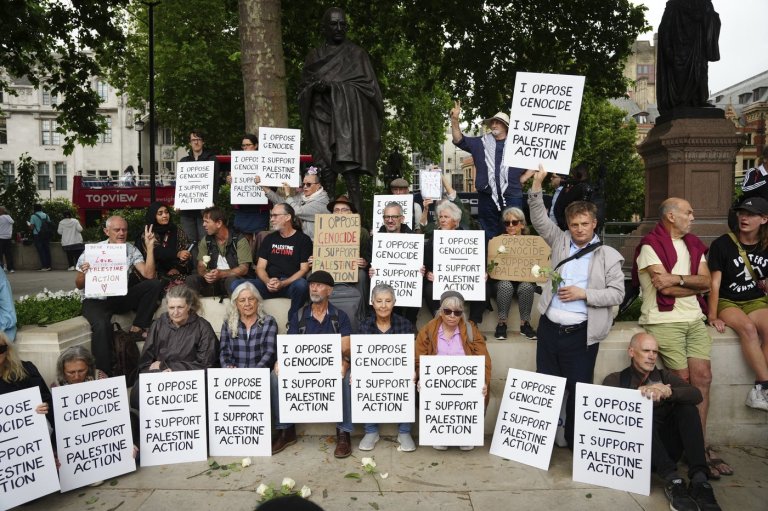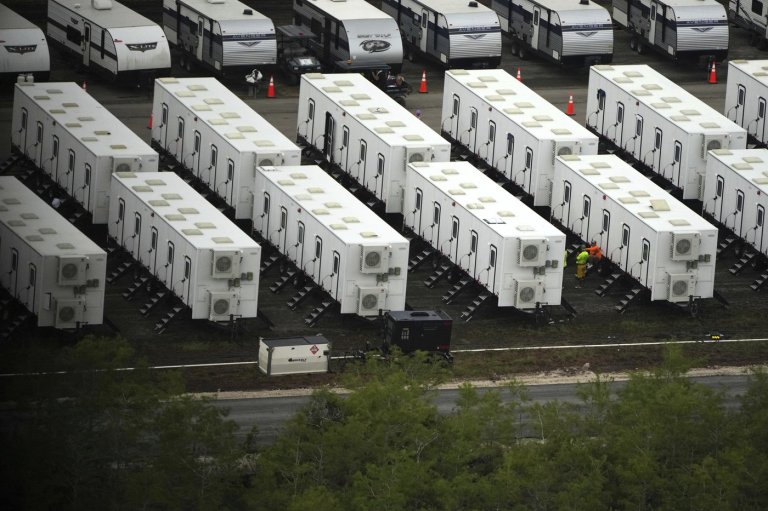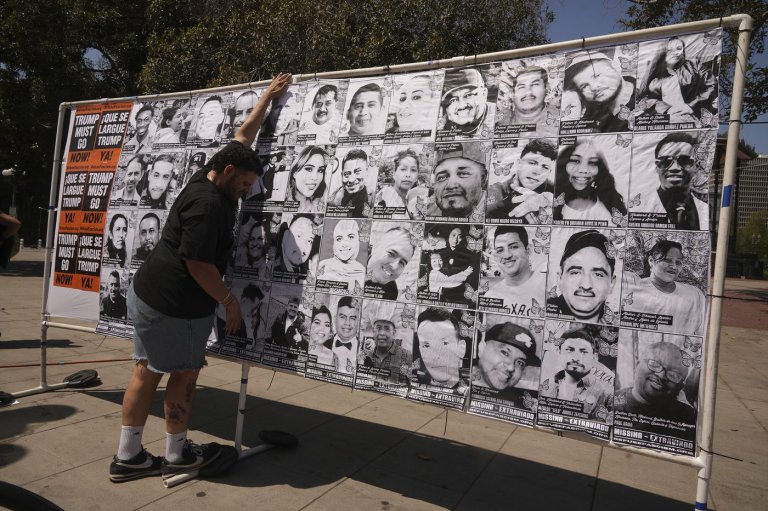Sierra Leone’s 6 million people told to stay home for 3 days in final push to stop Ebola
FREETOWN, Sierra Leone – Sierra Leone’s 6 million people were told to stay home for three days beginning Friday, except for religious services, as the West African nation attempted a final push to rid itself of Ebola.
Thousands of teams were out reminding people how Ebola is spread and how to prevent it. Teams were also going to search for Ebola cases, particularly in regions around the capital and in the north, where flare-ups persist.
Streets were largely empty Friday except for police on patrols and soldiers and their checkpoints. Muslims were allowed to go to Friday prayers but attendance was low, and the streets emptied quickly after services. Christians will be allowed to go to church on Sunday.
Mabinty Conteh, a community health worker in Freetown, the capital, said some people her team visited were receptive but others were hostile. The National Ebola Response Center said there were no major incidents.
Alfred Palo Conteh, the head of Sierra Leone’s Ebola response, said a major goal was to fight complacency, more than a year after the Ebola outbreak was declared in West Africa.
“We understand that people are tired and want to get back to their normal life, but we’re not there yet. It’s the final meters in the race,” said Roeland Monasch of UNICEF.
Ebola has infected nearly 12,000 people in Sierra Leone, more than in any other country, and it has resorted to some of the most stringent measures to stop the disease. Over 10,000 people have believed to have died in the yearlong outbreak, mostly in West Africa.
While recent weeks have seen a steep reduction in infections, 33 new cases were confirmed in Sierra Leone last week, according to the World Health Organization.
Still, the outbreak is most worrying in Guinea, where it is driven by hidden cases. Liberia’s last remaining Ebola case — who became infected weeks after the last previous patient had recovered — died on Friday, said Tolbert Nyenswah, the head of the country’s Ebola response.
___
Associated Press writer Jonathan Paye-Layleh in Monrovia, Liberia, contributed to this report.
Join the Conversation!
Want to share your thoughts, add context, or connect with others in your community? Create a free account to comment on stories, ask questions, and join meaningful discussions on our new site.













Leave a Reply
You must be logged in to post a comment.